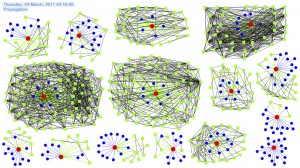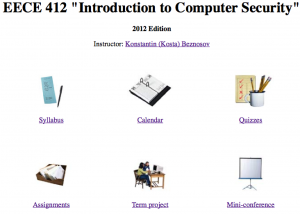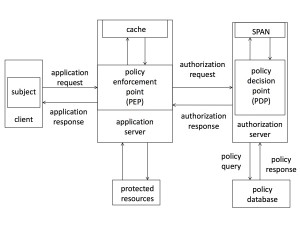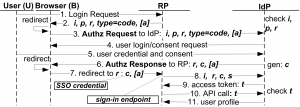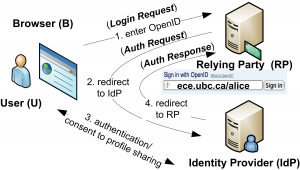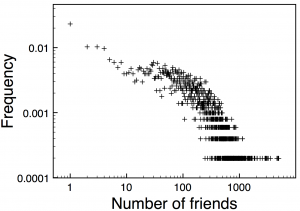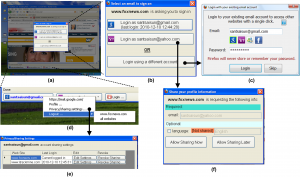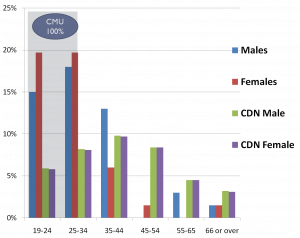Password meters tell users whether their passwords are “weak” or “strong.” In this paper, we report on a laboratory experiment to examine whether these meters influenced users’ password selections when they were forced to change their real passwords, and when they were not told that their passwords were the subject of a study. We observed that the presence of meters yielded significantly stronger passwords. We then performed a followup field experiment to test a different scenario: creating a password for an unimportant account. In this scenario, we found that the meters made no observable difference: participants simply reused weak passwords that they used to protect similar low-risk accounts. We conclude that meters result in stronger passwords when users are forced to change existing passwords on “important” accounts and that individual meter design decisions likely have a marginal impact.
More details are in the paper, which will be presented at CHI ’13 held April 27-May 3.
